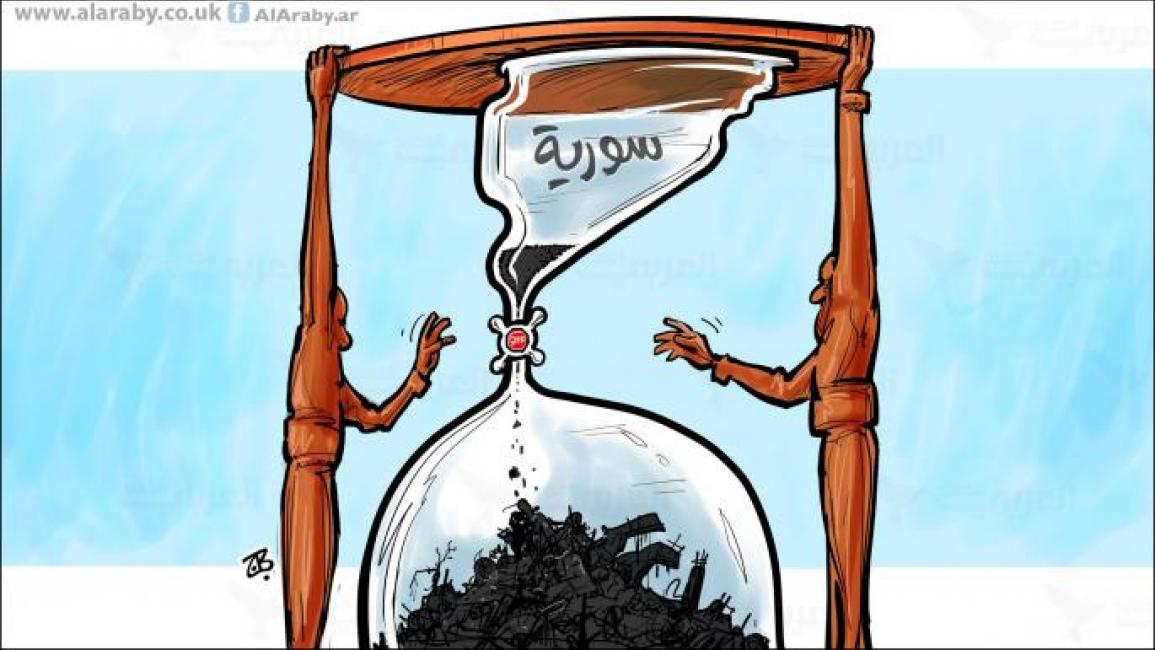The Israeli actions against Palestinians since Operation Al-Aqsa Flood, which began a year ago, resonate deeply with many Syrians who have endured similar experiences of violence, destruction, and land occupation between 2012 and 2020. Reports from northwestern Syria suggest that opposition factions and Hayat Tahrir al-Sham (HTS)—an organization with roots in al-Qaeda—are preparing for a significant military offensive against Syrian regime forces, Hezbollah, and Iranian militias in the Idlib and Aleppo countryside. The goal of this potential operation is ambitious: to break the current stalemate and shift the balance of power in the region, drawing inspiration from the rhetoric and slogans reminiscent of the October 7, 2023, attack in the Gaza area.
This anticipated military action aims to capitalize on recent developments, including the setbacks faced by Hezbollah in Lebanon and Syria, the redeployment of its fighters to Lebanon, and the ongoing Israeli strikes targeting Iranian militias across various Syrian provinces. The objective for these factions appears to be a reconfiguration of the control map that has been largely frozen due to Russian-Turkish agreements and the Astana process.
Insights from the media channels of HTS and the Fatah al-Mubin operations room—which includes various opposition factions—suggest a growing sense of confidence among these groups. This confidence, however, could be dangerously misplaced, echoing the overconfidence seen in recent confrontations in Gaza and Lebanon. Some within these circles now believe that conditions are favourable for a decisive battle aimed at eliminating the Syrian regime’s presence in the north, as well as the forces of Iran, and Hezbollah, and potentially even challenging the Russian military base at Hmeimim.
Yet, this belief in a grand military turnaround seems to overlook several critical geopolitical realities. For instance, Turkey might use such a campaign as a pretext to distance itself from opposition factions that resist its push to normalize relations with Damascus, leaving these factions vulnerable to attacks from other parties. Additionally, Russia’s capacity for waging multi-front conflicts—mirroring Israel’s current military engagements—is often underestimated. Moscow, in its determination to maintain influence in Syria, might respond with the same ruthlessness it has exhibited elsewhere, with actions as severe as those carried out by Israel in Palestine and Lebanon.
The opposition factions in Syria face a pivotal challenge: to create conditions that make the areas under their control viable for civilian life, expand freedoms, and act in ways that are more progressive and less reactionary. Their focus should be on protecting their regions and people rather than launching new offensives that may lead to catastrophic consequences, as seen in Gaza and Lebanon. Instead of opening up potentially suicidal fronts, these groups might better serve their cause by striving for a sustainable political resolution before turning to military solutions.
This article was translated and edited by The Syrian Observer. The Syrian Observer has not verified the content of this story. Responsibility for the information and views set out in this article lies entirely with the author.


